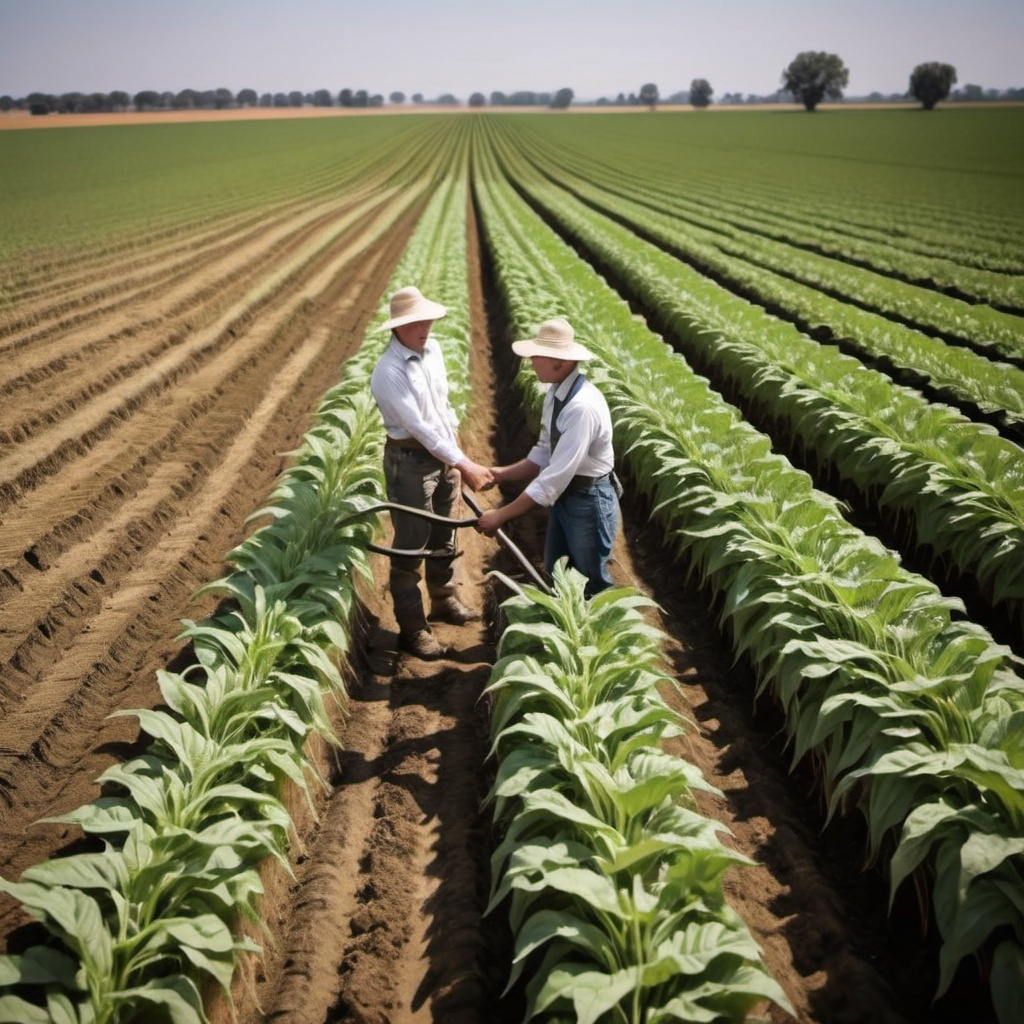
What is Agriculture?
Agriculture is the practice of cultivating soil, growing crops, and raising livestock for food, fiber, and other products used to sustain and enhance human life. It encompasses a range of activities from planting and harvesting crops to animal husbandry and farm management. Agriculture is fundamental to human society, providing the resources necessary for survival and economic development.
Why is Agriculture Important?
Agriculture is crucial for several reasons. It provides the primary source of food and raw materials for many industries, supports rural economies, and contributes to the overall health and well-being of populations. Additionally, agriculture plays a key role in environmental management and conservation, as it involves practices that can influence soil health, water usage, and biodiversity.
What Are the Major Types of Agriculture?
There are several major types of agriculture, including:
- Subsistence Agriculture: Farming that is focused on growing enough food to meet the needs of the farmer’s family with little to no surplus for trade.
- Commercial Agriculture: Large-scale production aimed at selling products in the market. This includes crops like corn and wheat, as well as livestock.
- Industrial Agriculture: A highly mechanized and technology-driven approach that maximizes efficiency and output, often involving large-scale farms and advanced techniques.
- Organic Agriculture: Farming that avoids synthetic chemicals and genetically modified organisms (GMOs), focusing on natural processes and sustainability.
What Are Some Common Agricultural Practices?
Common agricultural practices include:
- Crop Rotation: Alternating the types of crops grown in a particular area to maintain soil health and reduce pest and disease issues.
- Conservation Tillage: Minimizing soil disturbance to prevent erosion and preserve soil structure.
- Irrigation: Providing crops with water through various methods, such as drip or sprinkler systems, to ensure adequate moisture for growth.
- Fertilization: Adding nutrients to the soil to enhance crop yields and improve plant health.
How Does Climate Change Affect Agriculture?
Climate change has significant impacts on agriculture. It can alter weather patterns, leading to more frequent and severe droughts, floods, and temperature extremes. These changes can affect crop yields, livestock health, and the overall sustainability of farming practices. Farmers may need to adapt by implementing new technologies, adjusting planting schedules, and adopting more resilient agricultural practices.
What Are GMOs and How Are They Used in Agriculture?
Genetically Modified Organisms (GMOs) are plants or animals whose genetic material has been altered through genetic engineering techniques to enhance desired traits. In agriculture, GMOs are used to improve crop resistance to pests, diseases, and environmental conditions, increase yields, and enhance nutritional content. The use of GMOs is a topic of debate, with ongoing discussions about their safety, environmental impact, and ethical considerations.
What Is Sustainable Agriculture?
Sustainable agriculture refers to farming practices that meet current food and resource needs without compromising the ability of future generations to meet their own needs. It emphasizes environmental stewardship, economic viability, and social responsibility. Sustainable agriculture practices include reducing chemical use, conserving water and soil, promoting biodiversity, and supporting local economies.
How Can Technology Improve Agriculture?
Technology plays a crucial role in modernizing agriculture and increasing efficiency. Innovations such as precision agriculture, which uses GPS and sensors to optimize field management, and automated machinery for planting and harvesting, can significantly enhance productivity. Additionally, advancements in data analytics, biotechnology, and irrigation systems contribute to more effective and sustainable agricultural practices.